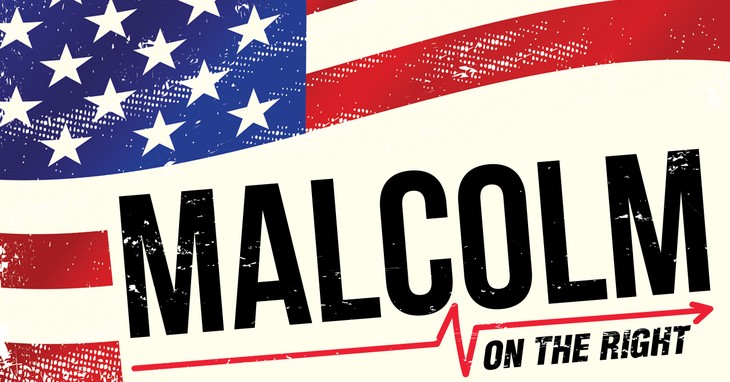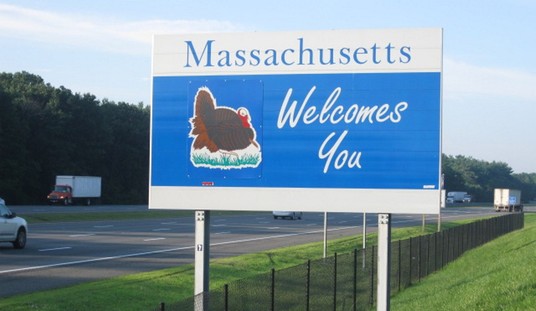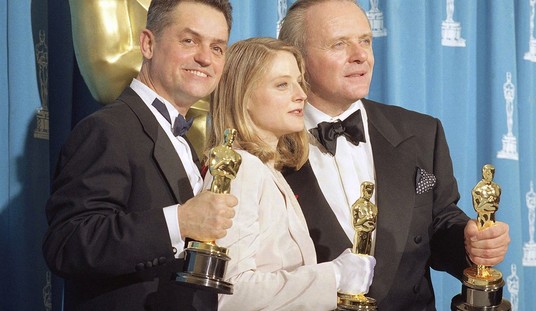This week was a historic anniversary that goes unremarked now, but changed our nation’s politics forever.
In my opinion, not always for the better.
Presidential debates. On TV.
Richard Nixon and John F. Kennedy.
I was a junior in prep school in 1960. The social room was packed with noisy classmates playing pool, talking loudly, smoking — and caring nada about politics. One TV in the corner. Black & white.
Since it was too late for “American Bandstand,” I could take it over.
I crouched by the side speaker. Could not see the screen, but over the din, I did hear the questions and answers.
In my judgment, Nixon knocked it out of that bare, Chicago studio. He knew the answers inside and out, having been Dwight Eisenhower’s VP for eight peaceful and successful years, which included launching the historic Interstate highway system.
So, I was stunned the next day to learn that Kennedy beat Nixon badly and was likely on track, media reported, to become the next president.
That’s because I did not see the debate on this new medium. I only heard the words, as if it was a show on radio, that other broadcast system that started reshaping American politics almost 40 years before then.
TV debates changed our politics, from listening to seeing.
Kennedy’s answers were thin. But he looked better.
Nixon’s answers were substantive. But he looked awful. He had a five o’clock shadow. Was sweating beneath the hot lights. Looked pasty. Unlike Kennedy, the old-school Nixon rejected makeup as artificial. (You can watch the entire debate below.)
On Nov. 8 of 1960, Nixon lost that election. Narrowly. Very narrowly. Kennedy received 49.7 percent of the popular vote. Nixon, 49.6 percent. He could have argued that those 8,000 river-ward votes in Chicago came in awfully late, conveniently delivering Illinois to the Democrat. But he didn’t.
Nixon learned his lesson. He refused to debate in his two, later White House bids. Presidential debates returned in the Gerald Ford-Jimmy Carter contest of 1976 and have been around ever since.
Those first debates that persuaded just enough voters in just the right places were indeed historic. And those TV debates show confrontations have seeped down in our politics as deeply as mayoral races.
Four months after taking office, Kennedy began sending American military advisors into the guerrilla war in South Vietnam. Three years later, it was Kennedy, not Nixon, who would be assassinated.
Kennedy’s successor Lyndon Johnson went all in on that war, eventually dispatching more than 553,000 US troops there to fight. More than 58,000 did not come home alive. Thousands of potential soldiers fled to Canada to avoid the draft.
The country was ripped apart by sometimes violent protests, bombings, shootings, even more assassinations. I covered some of that, and the war.
In 1969, a new president took office. Oh, look, Richard Nixon was back. He began the slow, painful American exit from Vietnam, though not as quickly as many wanted. And the historic opening to China.

Nixon had been vice president in a non-interventionist administration. As president, Dwight Eisenhower, who commanded allied forces in World War II, rejected French pleas to enter the fight against Communist insurgents in what became Vietnam.
The same Eisenhower-Nixon administration refused to join the British and French attempt to seize control of the Suez Canal in 1956, when the revolutionary Egyptian government nationalized it.
Nixon ended up with his own troubles and became, in 1975, the first U.S. president forced to resign.
But you have to wonder how our history – including the lives of those 58,000 dead Americans, the 1,584 still missing, and thousands more who left this land – would be different if those first debates, all those years ago, had not swung that election.
And made the fresh-faced, former PT-boat commander Kennedy commander in chief, instead of the Quaker Navy veteran Nixon, who was a two-term vice president with a president who rejected foreign military excursions.
Presidential debates have changed over the years, and they will change even more in the future, possibly as soon as 2024, when the GOP has threatened to boycott them absent an array of more fair-minded media moderators. Why, out of curiosity, must they be from media anyway?
Fact is, however, TV presidential debates are here to stay in one form or another. Sometimes they play to the strengths of a candidate. Sometimes not.
But although these verbal confrontations have become quadrennial fixtures of our elections, the truth is, virtually nothing in modern presidential debates has anything to do with being president. They’ve been massaged, crafted, and programmed into television shows.
They over-value looks. Remember John Edwards so carefully combing his hair? Can you imagine Franklin Roosevelt winning four terms, if voters saw the man struggling to stand on his paralyzed legs?
Debates also value glibness. “Tell the American people, sir, what you would do to avoid nuclear war with Russia. You have 60 seconds.”
It took Barack Obama almost 180 days to decide how many thousand troops to surge into the vain, military effort in Afghanistan, which he regarded as the good war.
And he abruptly decided to pull all U.S. troops out of Iraq because that was his bad war. That quick decision led to the murderous rise of ISIS that Obama called “the JV,” the deaths of thousands of innocents, and the ascension of Iranian militias and influence there.
There’s no way to make and dissect those important policy points during even 15-minute debate segments, between “these important messages from our sponsors.”
Debates also prize rehearsed zingers that make for predictable applause or laugh lines, but not real substance.
Ronald Reagan deftly defused the age issue in 1984, back when his 73 years seemed old:
I will not make age an issue of this campaign. I am not going to exploit, for political purposes, my opponent’s youth and inexperience.
Walter Mondale, who was 56 that night, laughed too. But he told me later, “I knew at that moment I had lost.”
He knew right. In history’s most lopsided presidential results, Reagan won reelection with 525 of the 538 electoral votes. Mondale took his home state of Minnesota. And that’s all.
Reagan was quick with an appealing sense of humor about himself, which we’ve lost in politics since then. That was a clever. pre-planned line. But it had, clearly, nothing to do with ending the Cold War or forecasting his ability to do so.
It seems impossible now that any major party candidate could dodge debates in 2024. Joe Biden would turn 82 that year, The combative Trump would be 78. Others, much younger.
Given Biden’s almost daily instances of mental impairment here and here, for example, it seems equally impossible his party would not want a substitute.
He has moments of clarity such as here, seeking donations. But watching Biden attempt to handle more aggressive questions two years from now or walk off in another huff, would be a painful national experience. And dangerous internationally, The same, if Kamala Harris was nominated.
In a “60 Minutes” interview in September, Biden seemed to leave himself a little-noticed out:
My intention, as I said to begin with, is that I would run again. But it’s just an intention. But is it a firm decision that I run again? That remains to be seen.
So, remember the show biz, meaningless parts of debates as you watch come 2024, and even in the Senate debates in the five weeks remaining before this Nov. 8, 62 years after the first debates that launched these historic shifts.













